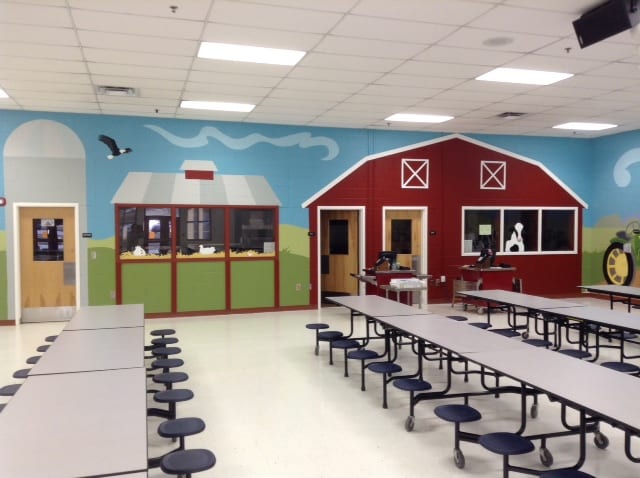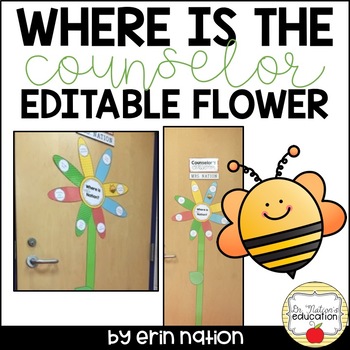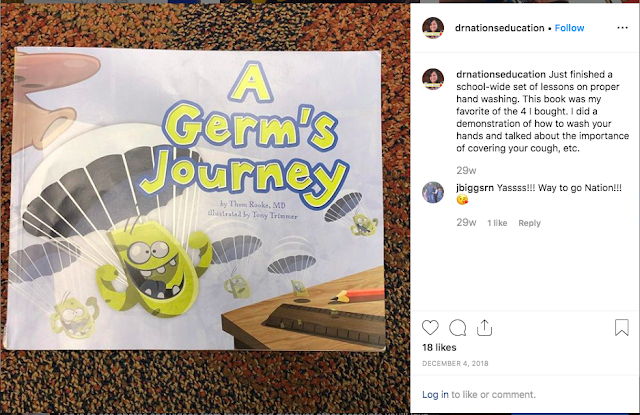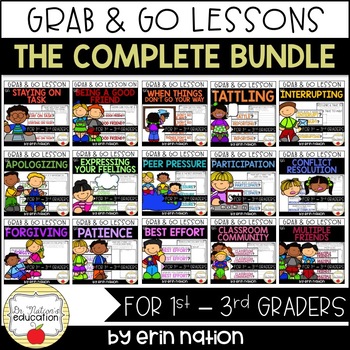This school year I'm once again getting my own classroom. My first year as a School Counselor, I had an office AND a classroom. The next year we hired another 4th grade teacher, so I only had my office. For 3 years I was a "traveling counselor," traveling to classrooms to give my guidance lessons. So now I've been a traveling counselor AND a Counselor with her own classroom. I've heard of some lucky School Counselors get to choose or get both! Here's my thoughts on the benefits of each one:
1
A Traveling Counselor:
- No need for supplies (crayons, pencils...), the students can use their own.
- You get to observe students in their own environment -- where they may be more comfortable and you can provide assistance to the teacher regarding observed discipline issues.
- Extra steps. You can log in some major steps walking across your building several times a day!
- If your office is in the Main Office, like mine was, it's nice to be "in the know" with everything going on and to be available when needed.
- Less clutter. If all you have is an office, you're less likely to accumulate things you don't need. Teachers can be some of the best types of hoarders.
- Meeting space. I like having an office to meet with teachers or parents. It just seems more comfortable to everyone. When I was in the Main Office, it was also easier for the school secretaries to "screen" meetings for me -- rather than me being interrupted and called to the office.
A Counselor's Classroom:
- Consistency. Consistent classroom expectations. Consistent technology. Every classroom is different and when you travel, it hard to remember all of the differences. From calling a supply box a pencil box or a school box to remembering how each SMART Board works (in my building, they all work a little differently...), it is nice to have consistency with your own classroom.
- No need to worry if you left something behind -- you're in your room! I can't tell you the times I've had to change a lesson up because I forgot a book or supply when I was a traveling counselor. It's a lot easier to change things up when you are in your own room with your own supplies and resources at hand.
- Time for set-up. When you have your own classroom you can have some prep-time (depending on how close your lessons are spaced out...) to have materials and technology set-up before students arrive.
- I've never been a Counselor that asks the teachers to stay in the room during lessons. I understand the benefit of doing so, but I also understand the value in a little break. When Counselor's have their own classroom, classroom teachers can take that break in their own room -- where they are likely to just spend time setting up for their next lesson.
- My husband might not few it as a "pro," but I'm really excited to be able to decorate my own classroom again this year. I even did my first Donor's Choose project and was able to purchase a new rug and a love seat.
- I think there is still a stigma that going to the office means you are "in trouble." I'm excited to have my own space to be able to talk to students in a less confrontal space.
I realize that my classroom can be taken from me as our school continues to grow, but I'm so excited to have my own space for Small Groups and for classroom lessons!
I personally did not like having both a classroom AND an office. In my building, they were across the building from each other, and without fail, whatever I needed was always in the other room.
Which type of School Counselor are you? Which would you prefer?






































































